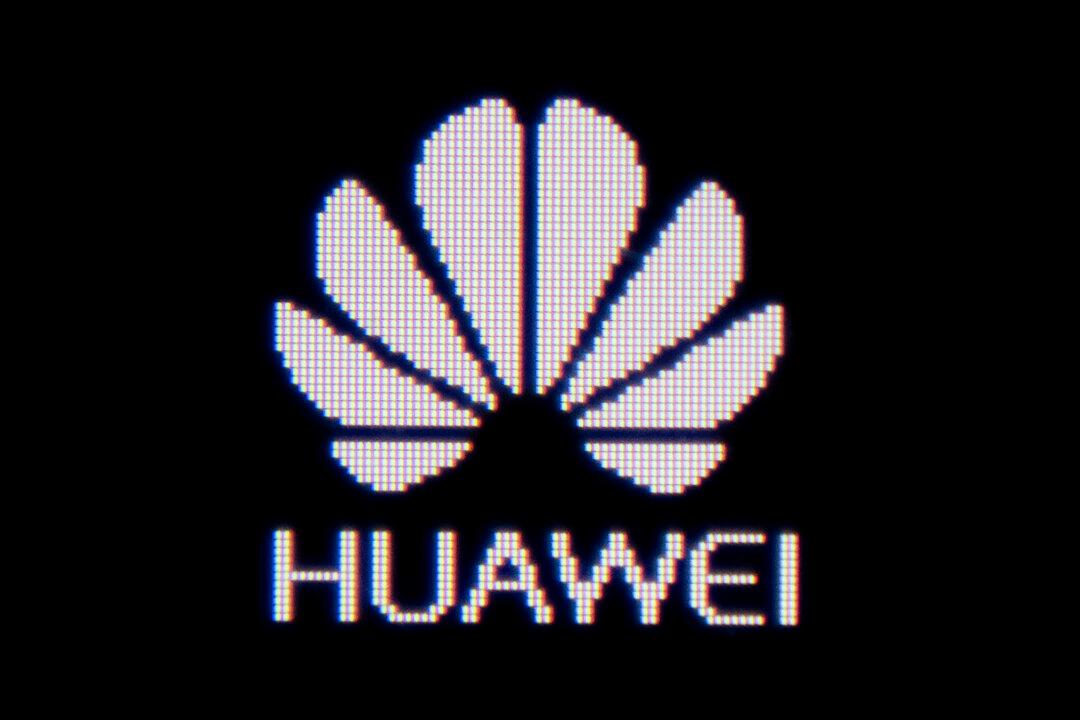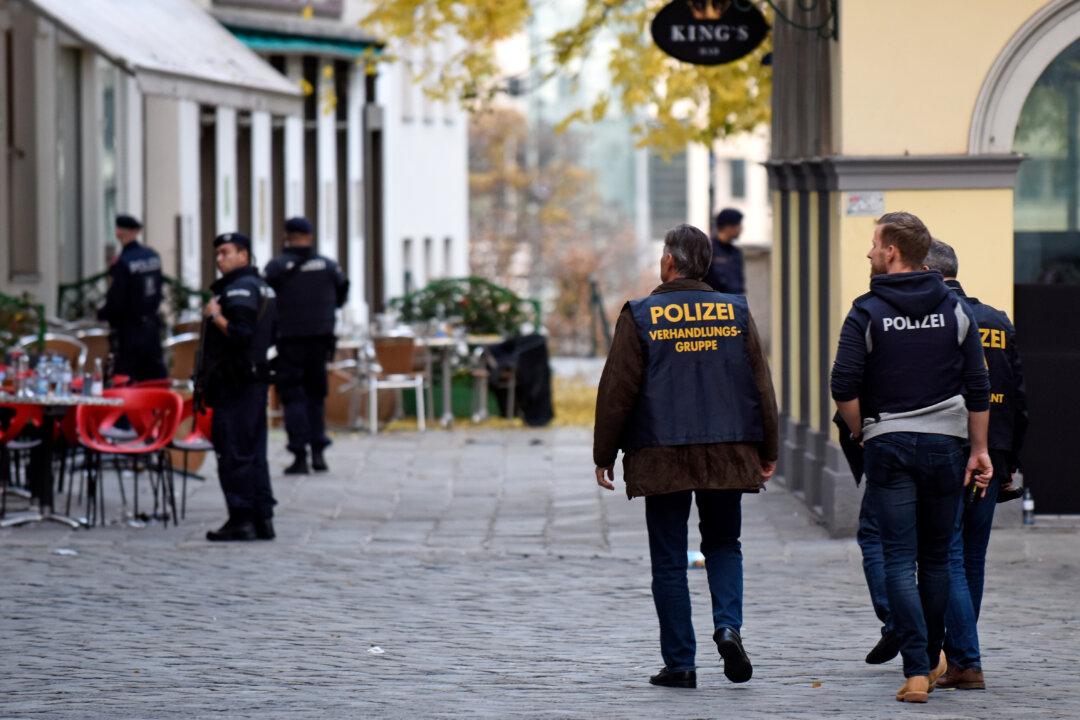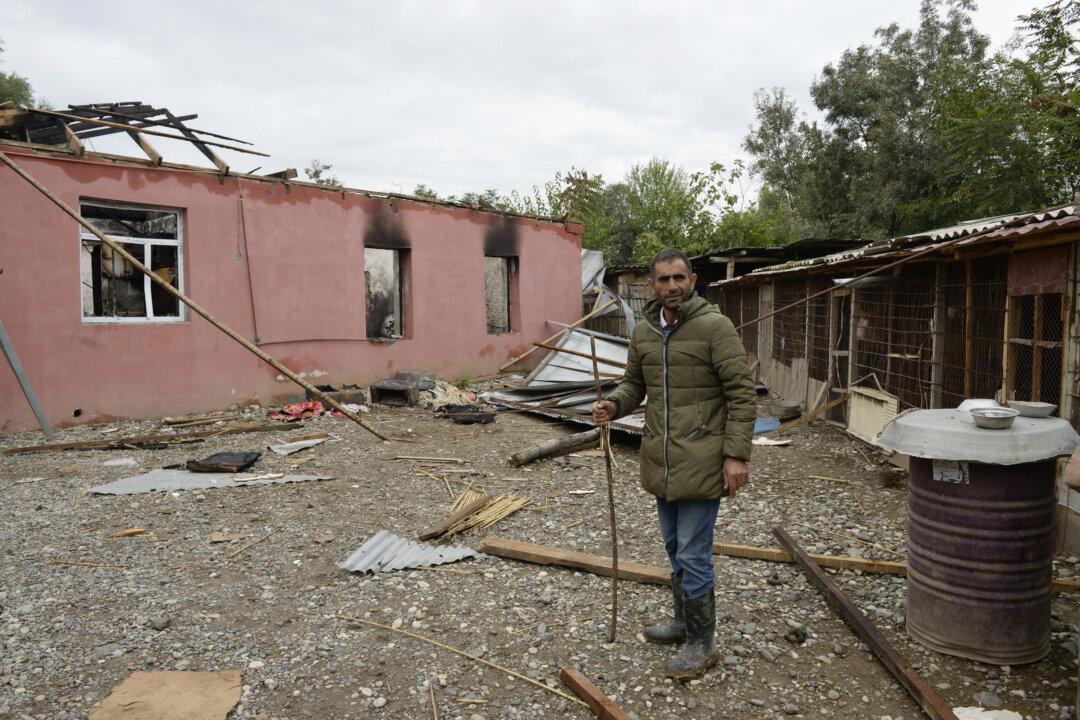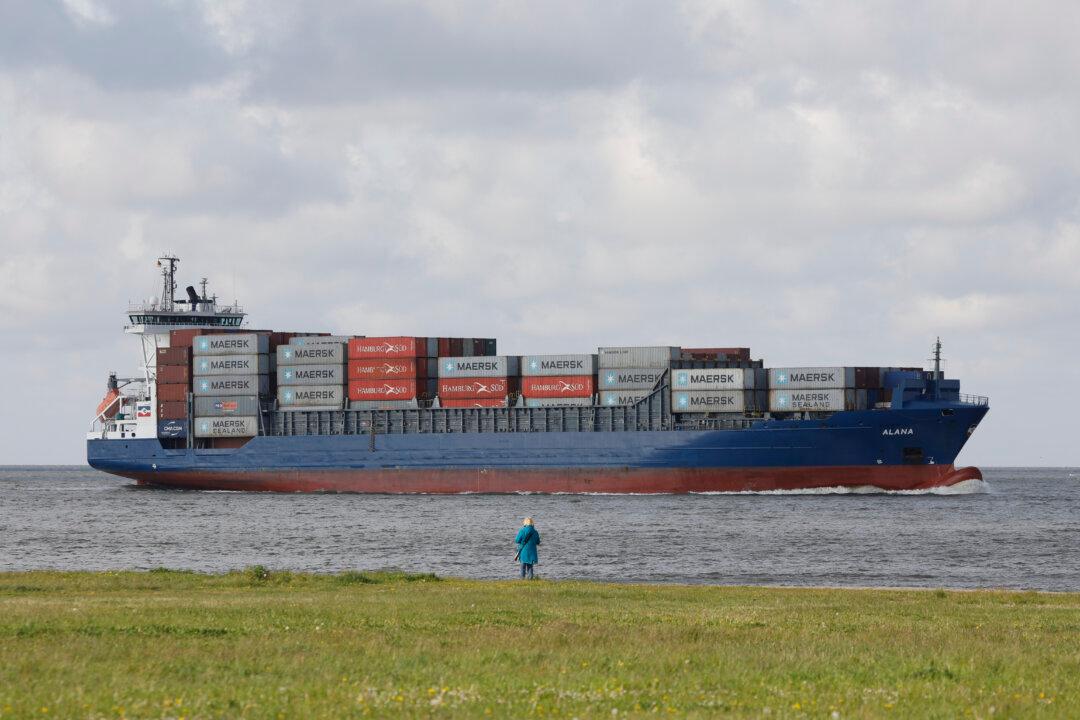BRUSSELS—The European Union issued a stark warning on Oct. 9 that “state-backed” companies from “hostile” countries could infiltrate 5G networks to paralyze the continent, in a thinly veiled reference to the Chinese telecommunications giant Huawei.
In a joint threat assessment compiled by security experts from all the bloc’s 28 countries, it stated that malicious abuse of the new technology would have a “particularly severe and widespread negative impact.”




